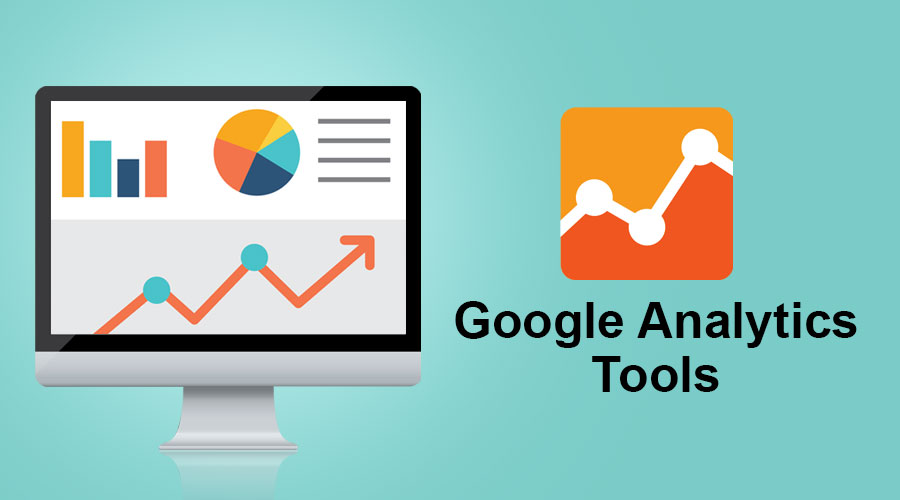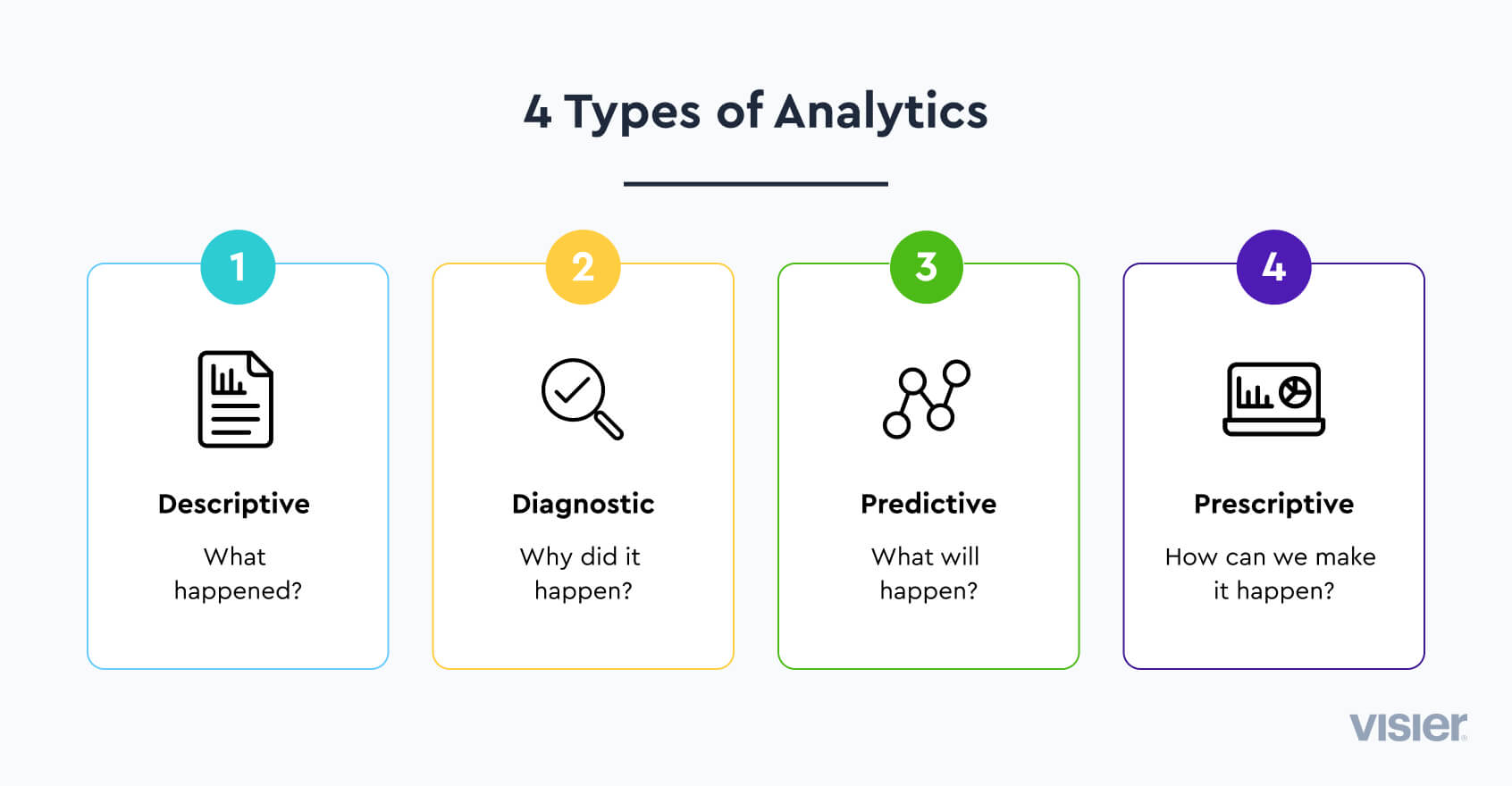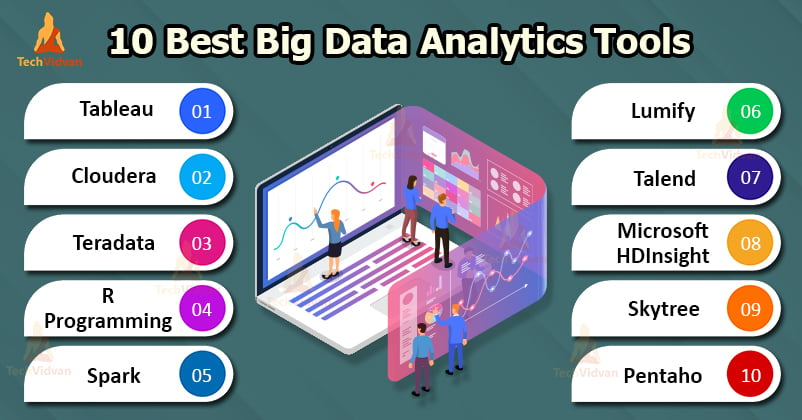Optimize Efficiency Utilizing Real-Time Analytics Operatings Systems
Optimize Efficiency Utilizing Real-Time Analytics Operatings Systems
Blog Article
Make Best Use Of Development: Exactly How Analytics Drive Better Strategies
In today's data-driven landscape, companies progressively recognize the crucial function of analytics in forming efficient growth methods. By harnessing information understandings, businesses can fine-tune their operational strategies, expect market adjustments, and enhance customer interaction. The difficulty exists not just in accumulating information however in effectively translating it to drive substantial end results. As we discover the essential benefits and techniques connected with analytics, an essential inquiry emerges: exactly how can organizations guarantee they are leveraging these understandings to unlock their full capacity? The answer might redefine the future of strategic planning.
Comprehending Information Analytics
Information analytics is a methodical computational analysis of information that makes it possible for companies to uncover significant patterns and understandings. This process encompasses a selection of strategies, consisting of statistical analysis, anticipating modeling, and data mining, which collectively intend to change raw data into workable details - Analytics. By utilizing these approaches, companies can make educated choices that are rooted in empirical proof instead than intuition alone
The structure of information analytics exists in its ability to take care of huge amounts of info from diverse resources. This includes organized information, such as data sources, and unstructured data, consisting of social media interactions and client feedback. Through using specialized software application and devices, experts can remove and process this data successfully, identifying patterns and relationships that may not be instantly evident.
Comprehending information analytics likewise includes recognizing the importance of data quality and honesty. Reputable and precise information is important for purposeful analysis; thus, organizations need to execute robust information administration methods. The iterative nature of analytics allows for continuous refinement and renovation of approaches, ensuring that organizations continue to be active in the face of altering market characteristics and consumer actions.
Key Advantages of Analytics

One of the crucial benefits of analytics is its capacity to provide workable insights. Organizations can promptly evaluate substantial amounts of information, uncovering patterns that may not be quickly evident.
One more substantial benefit is improved consumer understanding. Analytics devices allow services to sector their audience, track customer behavior, and personalize advertising and marketing efforts. This targeted method not just enhances client interaction but also drives greater conversion prices.

Implementing Analytics Techniques
To completely realize the benefits of analytics, companies have to adopt structured methods for execution. This starts with plainly specifying purposes that line up with wider service goals. By developing certain, quantifiable end results, companies can focus their analytics efforts on areas that generate the greatest roi.
Following, organizations ought to prioritize information administration to ensure the honesty and security of the information being analyzed. This entails establishing protocols for information collection, storage space, and accessibility while sticking to appropriate regulations. Guaranteeing top notch data is essential for creating significant insights.
In addition, promoting a culture of data-driven decision-making is vital. This calls for training employees to analyze analytics searchings for and motivating cooperation across divisions. When teams recognize the value of analytics, they are much more likely to incorporate insights right into their everyday procedures.
Lastly, companies should regularly evaluate and fine-tune their analytics strategies. The landscape of information and innovation is continually advancing, and staying versatile will certainly enable companies to leverage brand-new tools and approaches efficiently. By applying these structured strategies, companies can make best use of the effect of their analytics initiatives and drive lasting growth.
Devices for Effective Analysis
Efficient analysis depends on a variety of devices that help with the removal of understandings from information - Analytics. These devices can vary from basic spreadsheet applications to sophisticated machine discovering systems, each offering a distinct function in the logical process
Information visualization software program, such as Tableau and Power BI, plays a critical function in transforming complicated datasets into understandable visual representations. These tools enable experts to recognize trends and patterns quickly, permitting more enlightened decision-making.
Analytical evaluation software, like R and SAS, supplies advanced abilities for conducting extensive analyses, consisting of regression, hypothesis testing, and anticipating modeling - Analytics. These attributes empower organizations to attract purposeful verdicts from their information, recognizing potential opportunities and threats
Additionally, data source administration systems such as SQL and NoSQL databases offer the essential infrastructure for saving and inquiring huge quantities of data successfully. They make sure that data is organized and obtainable for evaluation.
Lastly, service knowledge platforms integrate different information resources, providing an extensive view of business performance. By using these devices properly, organizations can enhance their logical abilities, enabling them to establish approaches that take full advantage of growth and enhance overall efficiency.
Study of Success
Effective organizations usually leverage data analytics to drive impactful approaches, as confirmed by numerous significant study. One prominent example is Netflix, which uses innovative algorithms to examine viewer preferences and behavior. By employing these insights, Netflix has efficiently tailored its material referrals, leading to enhanced customer involvement and customer retention. Their data-driven method has actually undoubtedly contributed to their condition as a leading streaming solution.

In addition, Starbucks utilizes information analytics to determine ideal shop locations and improve its have a peek at this site product offerings. By view publisher site analyzing consumer demographics and acquiring patterns, Starbucks effectively determines high-potential markets and tailors its food selection to neighborhood tastes, driving sales and client loyalty.
These case studies illustrate that reliable utilization of information analytics can result in critical benefits, promoting innovation and development within organizations throughout various industries.
Conclusion
Finally, the assimilation of analytics into business approaches dramatically improves decision-making processes and cultivates lasting growth. By leveraging data-driven insights, services can determine patterns, expect market shifts, and enhance operations. The reliable implementation of analytics devices better supports agility and technology, allowing organizations to browse competitive landscapes with better accuracy. Eventually, a dedication to analytics not just drives instant performance renovations but likewise protects lasting success in an ever-evolving industry.
Information analytics is a systematic computational evaluation of information that enables organizations to uncover over here purposeful patterns and insights.Comprehending information analytics likewise includes identifying the importance of information high quality and integrity. Accurate and dependable information is critical for meaningful analysis; hence, companies need to implement robust information governance practices.Next, companies need to focus on information governance to ensure the integrity and protection of the data being analyzed.Successful companies frequently take advantage of information analytics to drive impactful strategies, as confirmed by numerous remarkable case studies.
Report this page